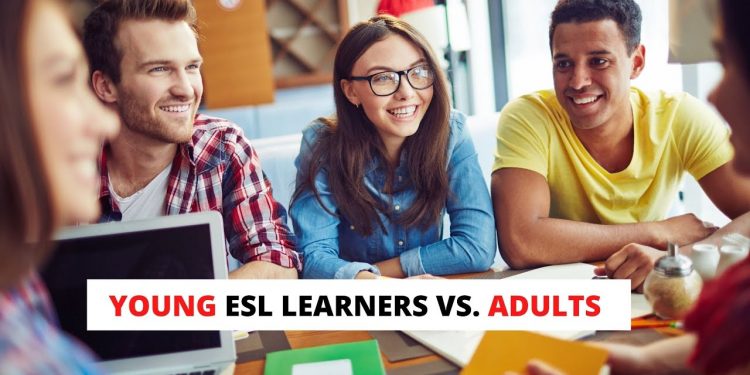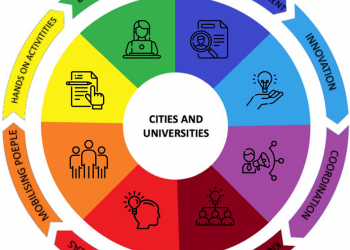After thoroughly diving into specialized literature, this essay has highlighted key differences between younger and older students in understanding educational innovation for sustainability, from their motivation and attitudes to technology adoption to critical thinking abilities. While tensions can arise across generations in the classroom, bridging these generational divides through cooperation and co-learning is vital for spurring the educational transformations needed for sustainable development. Synthesizing the assets of both youth and experience can power progress in sustainability education. Whilst younger and older student generations both bring valuable strengths to sustainability education, their contrasting characteristics, experiences and perspectives shape how they understand and engage with educational innovation in this space. As revelations about environmental tipping points accelerate, developing sustainability education that synthesises the promise of youthful inquiry, idealism and digital fluency with the wisdom of lived experience and grounded analysis from mature scholars will be critical. Nurturing empathy, cooperation and insight exchange across generations in the classroom is instrumental for spurring the educational transformations needed to enable sustainable futures. As long as educational innovation is aimed to consciousness on preserving nature, the worked-out paradigm is to bear in mind for earning respectful students aware of sustainable issues.
Tourism governance during the COVID-19 pandemic crisis: A proposal for a sustainable model to restore the tourism industry
Unsustainable models of governance belonging to a widespread neoliberal mindset in developed countries have commonly been applied in the tourism...
Read more








